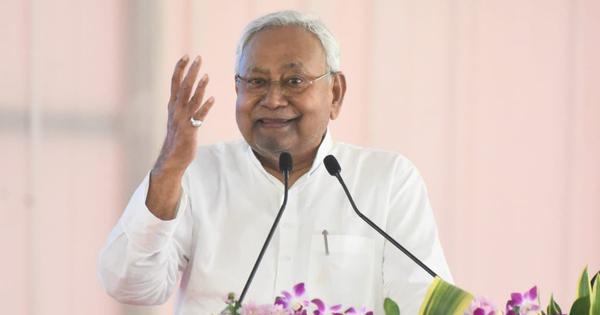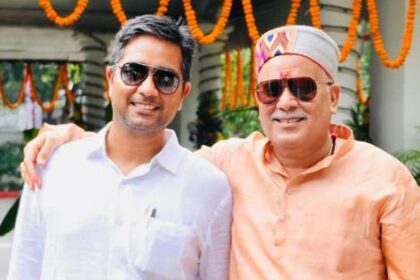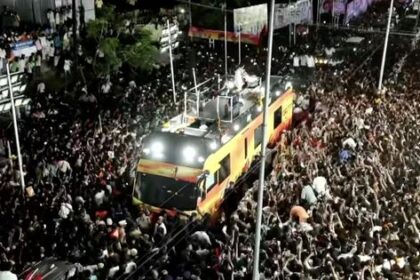JD(U) announces candidates for all 101 seats it will contest in Bihar Assembly elections.
The Janata Dal (United) has finalized its candidate list for the upcoming Bihar Assembly elections, announcing a total of 101 candidates for the 243 constituencies. This decision follows the release of its second list on Thursday, which included 44 candidates, coming just a day after the party had revealed 57 names in its initial list.
The elections are scheduled to take place in two phases on November 6 and November 11, with the counting of votes set for November 14. The candidates announced by JD(U) include several prominent ministers, such as Sheila Mandal, Vijendra Prasad Yadav, Leshi Singh, Jayant Raj, and Mohammad Zama Khan, indicating a strategic selection of experienced political figures.
In the context of the broader political landscape, the ruling National Democratic Alliance (NDA) has established a seat-sharing arrangement, wherein both the Bharatiya Janata Party (BJP) and JD(U) will contest 101 seats each. Meanwhile, the Chirag Paswan-led Lok Janshakti Party has been allocated 29 seats, while both the Rashtriya Lok Morcha and Hindustani Awam Morcha will field candidates in six constituencies each. Notably, the BJP has already announced its candidates for all 101 seats.
On the other hand, the Opposition coalition known as the Mahagathbandhan is still in the process of finalizing its seat-sharing deal. This alliance comprises multiple parties, including the Rashtriya Janata Dal (RJD), the Congress, and Pashupati Kumar Paras’ Rashtriya Lok Janshakti Party, along with three Left parties: the Communist Party of India (Marxist-Leninist), the Communist Party of India, and the Communist Party of India (Marxist).
The political backdrop of these elections is significant, especially considering the outcomes of the 2020 Assembly polls. During that election, both the NDA and the Mahagathbandhan secured an identical vote share of 37.2%. Despite this parity in votes, the NDA managed to return to power in Bihar, achieving a slender majority with 125 seats in the 243-member Assembly. The Opposition, led by the RJD, obtained 110 seats, with the RJD itself emerging as the single-largest party by winning 75 seats, yet ultimately falling short of forming the government.
As the election dates approach, the political dynamics in Bihar are intensifying, with the JD(U) clearly positioning itself with a full slate of candidates. The forthcoming elections will serve as a critical test for both the ruling NDA and the opposition coalition, as they seek to mobilize support and secure a mandate from the electorate.








